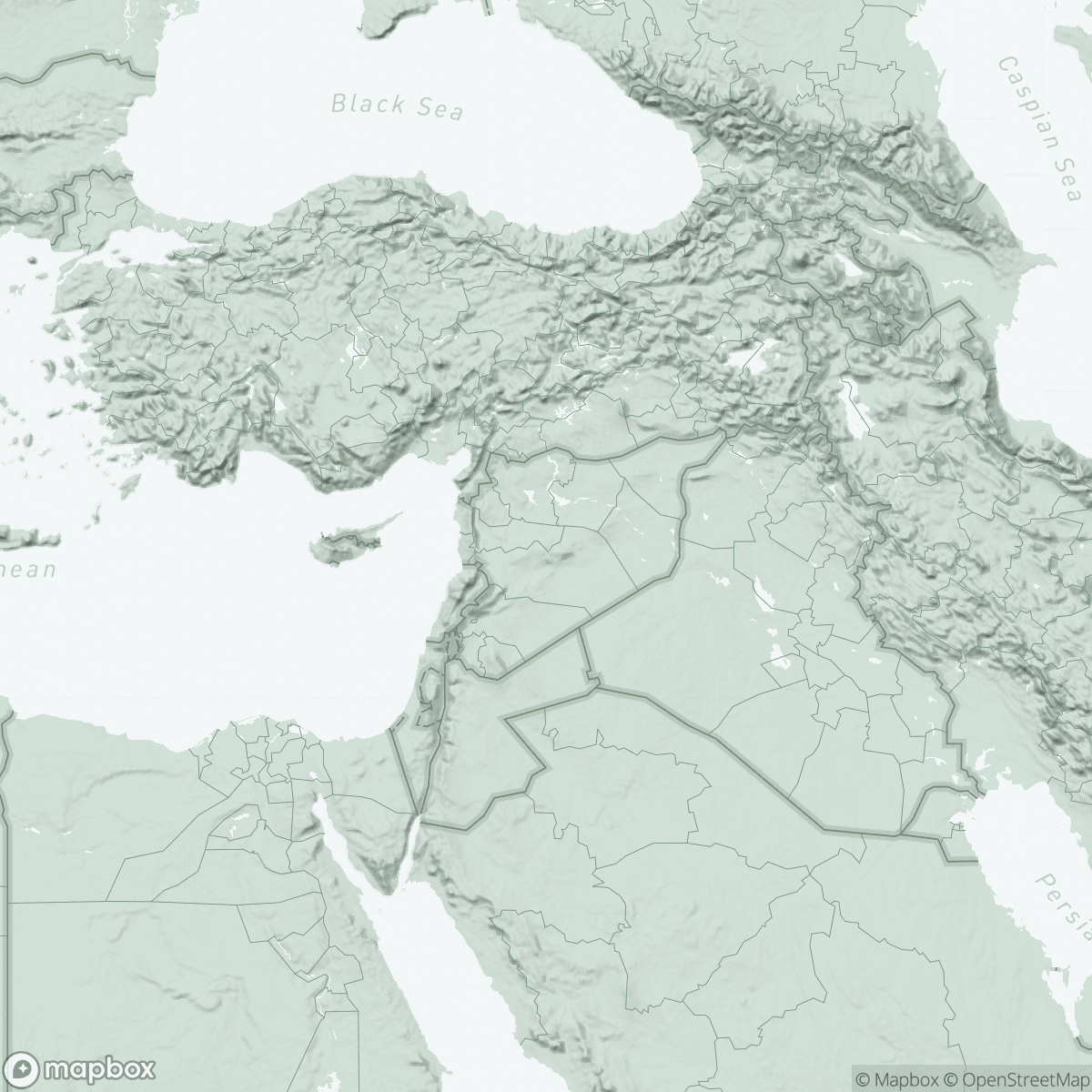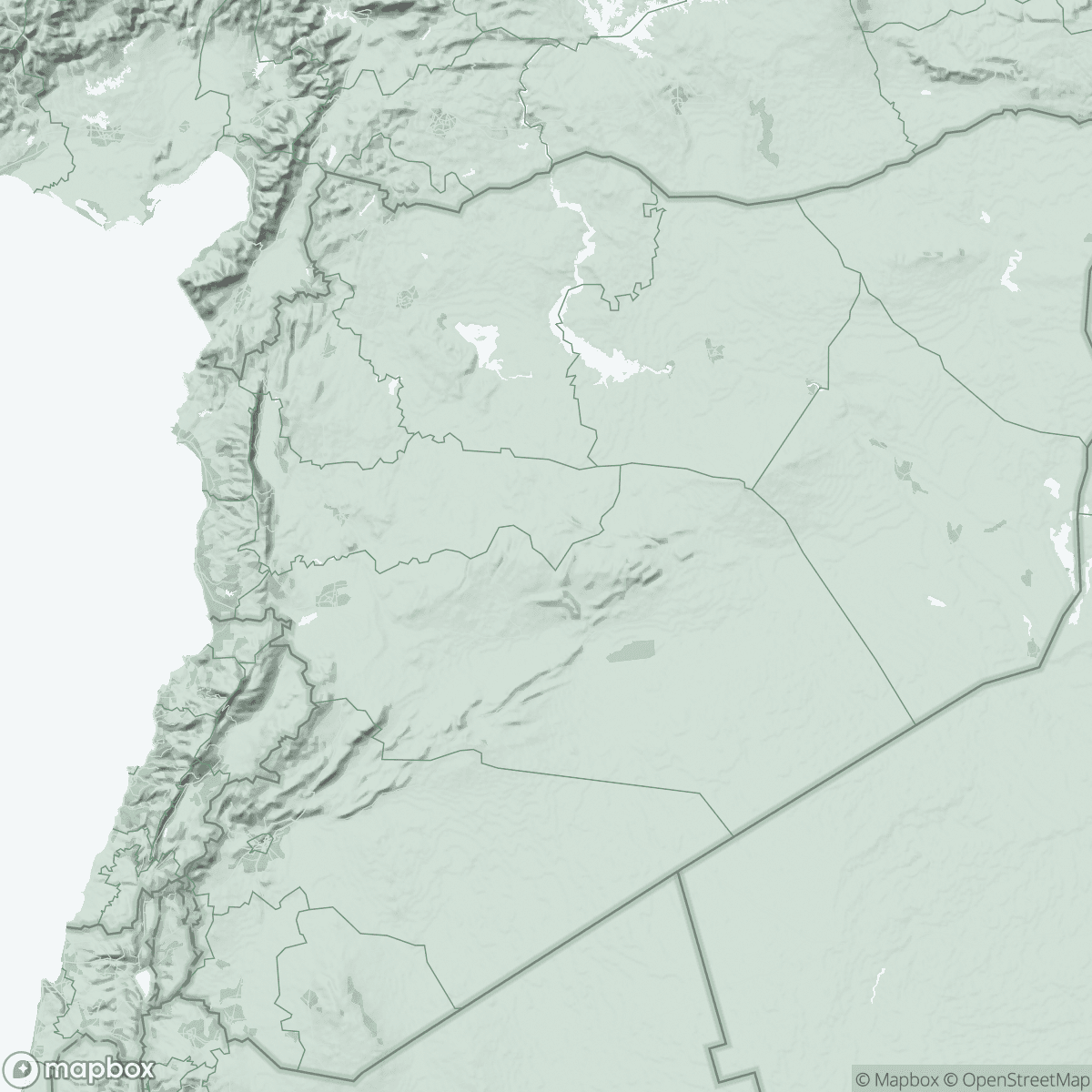
People killed, injured by landmines in Deir ez-Zor as people return home in Syria
In 1 click, help us spread this information :
People returning to their war-torn homes and villages in Deir ez-Zor, eastern Syria, are being wounded or even killed after encountering unexploded devices. Between 28 May and 1 June, four incidents resulted in eight casualties, including the deaths of four children, highlighting the urgent need for the area to be cleared of explosive remnants of war and landmines. As Médecins Sans Frontières (MSF) teams supported the reopening of the emergency room at Deir ez-Zor National hospital in response to a high number of injuries caused by explosive devices, we call for the scale-up of landmine clearance, and for medical care in response to be bolstered.
“Since 7 April, our teams working in the emergency room in Deir ez-Zor hospital have been seeing around one patient per day who has been wounded by explosions of landmines, unexploded ordnance, and booby traps,” says Will Edmond, MSF head of mission in Syria. “People have been injured mostly in the fields or on the road.”
“Of the people who have arrived to our emergency room, nearly two-thirds have life-threatening or severe injuries, and nearly a quarter have traumatic amputations,” says Edmond.
A shocking 40% of the people we’ve encountered have been children.”
Years of armed conflict have destroyed critical infrastructure in Deir ez-Zor governorate, including healthcare facilities. Streets and fields across the governorate are contaminated with mines and explosive devices, making daily life hazardous for returnees and hampering rehabilitation efforts.
MSF teams have already discovered four unexploded devices in health facilities we had planned to support, with more likely hidden underground.
Between 8 December 2024 and 14 May 2025, 91 children were killed and 289 injured in accidents involving explosive ordnance across the country, according to Mine Action Area of Responsibility. Many of these tragic cases involve children who come across mines while collecting truffles, herding sheep, or playing in contaminated areas.
Ali Abd Khalaf, a former wheat farmer, also stepped on a landmine near Az-Zabari, close to Al-Mayadin. “Two months ago, I was travelling with my brother on our motorbike,” says Ali.
We decided to stop along the way, so I stepped off the motorbike, took just a few steps, and the explosion happened - I stepped on a landmine.”
Ali received initial care in a private clinic and was later transported to Deir ez-Zor National hospital, where he underwent two surgeries and had his left leg amputated above the ankle.

Patients have reported severe challenges in accessing healthcare. Most are forced to rely on expensive private transportation due to an overstretched ambulance network; as a result, many patients from remote towns do not return for follow-up care. Others speak of the high cost of private care.
“We hurried Ali to a private clinic in Al-Mayadin, where we were required to pay an upfront fee of US$80 to initiate his treatment,” said Ali Abd Khalaf’s relatives.
Though it was a considerable amount, we paid it. Afterwards, we swiftly moved him to the hospital in Deir ez-Zor, where he received comprehensive medical care, free of charge.”
Urgent funding is needed to support mine action organisations, to scale-up explosive device and landmine clearance, and improve mapping of contaminated areas. This is essential for people to safely return, rebuild their lives, and recover from conflict.
We also urge the Government of Syria, donors, and medical organisations to bolster emergency care capacity, referral systems, and blood banks. Supporting physical rehabilitation, mental health, and psychosocial services is crucial for helping survivors recover as fully as possible.



